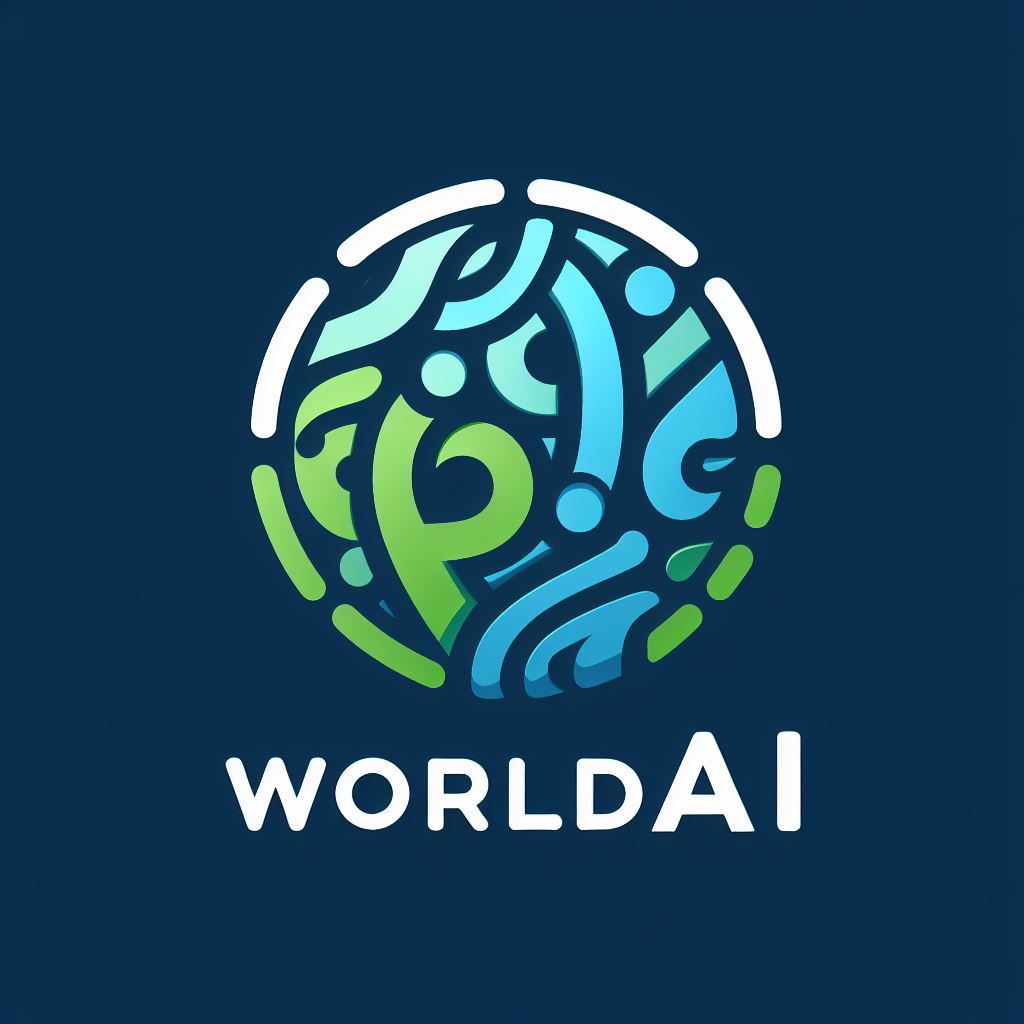Artificial intelligence (AI) is revolutionizing various industries, and the food sector is no exception. From farm to fork, AI is being leveraged to optimize processes, enhance food safety, and address global challenges such as food scarcity and climate change.
Precision Agriculture: AI-powered tools and sensors enable farmers to collect vast amounts of data on soil conditions, weather patterns, and crop health. This data is then analyzed to optimize irrigation, fertilization, and pest control, resulting in higher yields and reduced environmental impact.
Food Safety: AI algorithms can rapidly analyze food samples for contaminants and pathogens, ensuring that the food supply is safe for consumption. Additionally, AI-driven supply chain management can track food products from origin to consumer, minimizing the risk of foodborne illnesses.
Personalized Nutrition: AI can help create personalized nutrition plans based on individual genetic makeup, dietary preferences, and health goals. This can lead to improved health outcomes and reduced rates of chronic diseases.
Reducing Food Waste: AI-powered systems can predict demand, optimize inventory management, and improve food distribution, thereby reducing food waste. This is particularly important in light of the growing global population and limited resources.
Sustainable Food Production: AI can help develop more sustainable food production methods, such as vertical farming and cellular agriculture. These technologies can reduce the environmental footprint of agriculture and provide a more reliable source of food.
In conclusion, AI has the potential to transform the food industry and address some of the world's most pressing challenges. By optimizing processes, enhancing food safety, and promoting sustainable practices, AI can help ensure a more secure and nutritious food supply for generations to come.
Tags:
#ai #food

